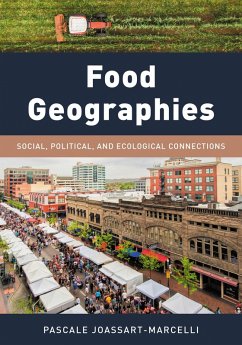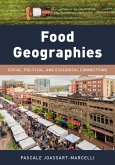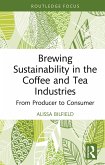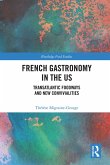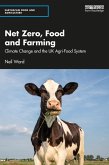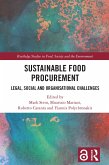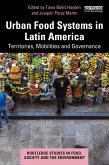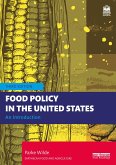What is the significance of food in our everyday lives? Food Geographies addresses this broad question by examining the social, political, and ecological connections that food weaves between people and places across the world and revealing the centrality of food in the human experience. This interdisciplinary and systemic perspective provides readers with key concepts, analytical tools, and critical skills to better understand and address the many issues facing the contemporary food system, including food insecurity, environmental degradation, climate change, labor exploitation, social inequality, power imbalance in decision making, and threats to health and well-being. It takes readers to places including modern plantations in Peru, collective farms in Tanzania, food halls in France, home kitchens in Japan, community gardens in Brazil, pubs in England, and animal feeding operations in America. By raising important questions about the current system, readers will explore ways to enact meaningful change to build better future food geographies by producing, consuming, and engaging with food differently.
Bitte wählen Sie Ihr Anliegen aus.
Rechnungen
Retourenschein anfordern
Bestellstatus
Storno

